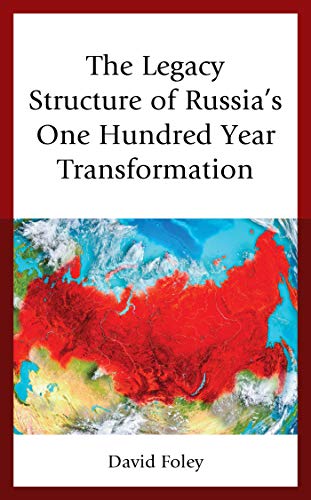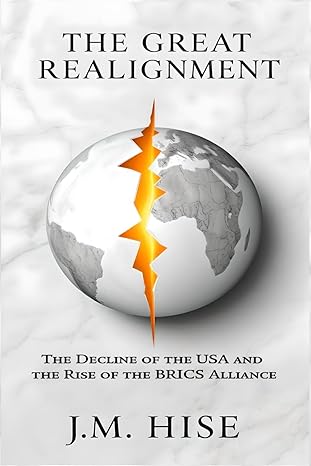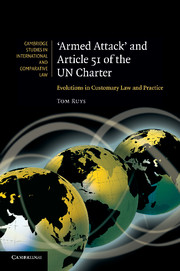Research and analysis of the post-Soviet Russian experience of political, economic and social change have generally focused attention on the complications and influences of the Soviet legacy on the transition process with most early main stream studies emphasizing the difficulties of the adoption of the institutions of democracy and a free market economy to the centralized command and control legacy structures carried over from that adjacent system to the more recent analyses that have attempted to explain why the Putinist hybrid authoritarian democracy emerged to take control of the Russian state. The complex nature of the Russian experience of political, social and economic change had yet to be explained as a long-term legacy analysis until now with the linkages presented in this study of the legacies and structures that have defied attempts at reform by the Bolsheviks, the Soviets and the modern Republicans. The political geography of Russia represents a districting system that defines the people and places and represents an influential legacy structure that has had a long reach from the Russia of Imperialism to the Russia of Putinism and the twenty first century. A clearer understanding of the influences the Imperial legacy brings to the Russian transformation enables the student of post-Soviet Russian transition an opportunity to contextualize the strong linkages of historical governance structures with the one hundred years of Bolshevik and Soviet system capture and the struggles of transformation faced by the government and people of Russia today.
چکیده فارسی
تحقیق و تحلیل تجربه روسیه پس از شوروی از تغییرات سیاسی، اقتصادی و اجتماعی عموماً توجه را بر عوارض و تأثیرات میراث شوروی بر روند گذار متمرکز کرده است، با اکثر مطالعات جریان اصلی اولیه که بر دشواریهای پذیرش نهادهای دموکراسی و اقتصاد بازار آزاد تا ساختارهای میراثی فرماندهی و کنترل متمرکز که از آن سیستم مجاور به تحلیلهای اخیر منتقل شدهاند که تلاش کردهاند توضیح دهند چرا دموکراسی استبدادی ترکیبی پوتینیستی برای به دست گرفتن کنترل دولت روسیه ظهور کرد. ماهیت پیچیده تجربه روسیه از تغییرات سیاسی، اجتماعی و اقتصادی تاکنون به عنوان یک تحلیل میراث بلندمدت با پیوندهای ارائه شده در این مطالعه از میراث ها و ساختارهایی که تلاش های اصلاحات توسط بلشویک ها را به چالش کشیده اند، توضیح داده نشده است. شوروی و جمهوری خواهان مدرن جغرافیای سیاسی روسیه نمایانگر یک سیستم منطقهای است که مردم و مکانها را تعریف میکند و نشاندهنده یک ساختار میراثی تأثیرگذار است که از روسیه امپریالیسم تا روسیه پوتینیسم و قرن بیست و یکم وسعت زیادی داشته است. درک واضح تر از تأثیراتی که میراث امپراتوری بر دگرگونی روسیه به ارمغان می آورد، به دانش آموز دوره گذار روسیه پس از شوروی فرصتی را می دهد تا پیوندهای قوی ساختارهای حاکمیتی تاریخی را با صد سال تسخیر سیستم بلشویکی و شوروی و مبارزات دگرگونی زمینه سازی کند. امروز دولت و مردم روسیه با آن روبرو هستند.
ادامه ...
بستن ...
- ISBN-10 : 1498571786
- ISBN-13 : 978-1498571784
ادامه ...
بستن ...










